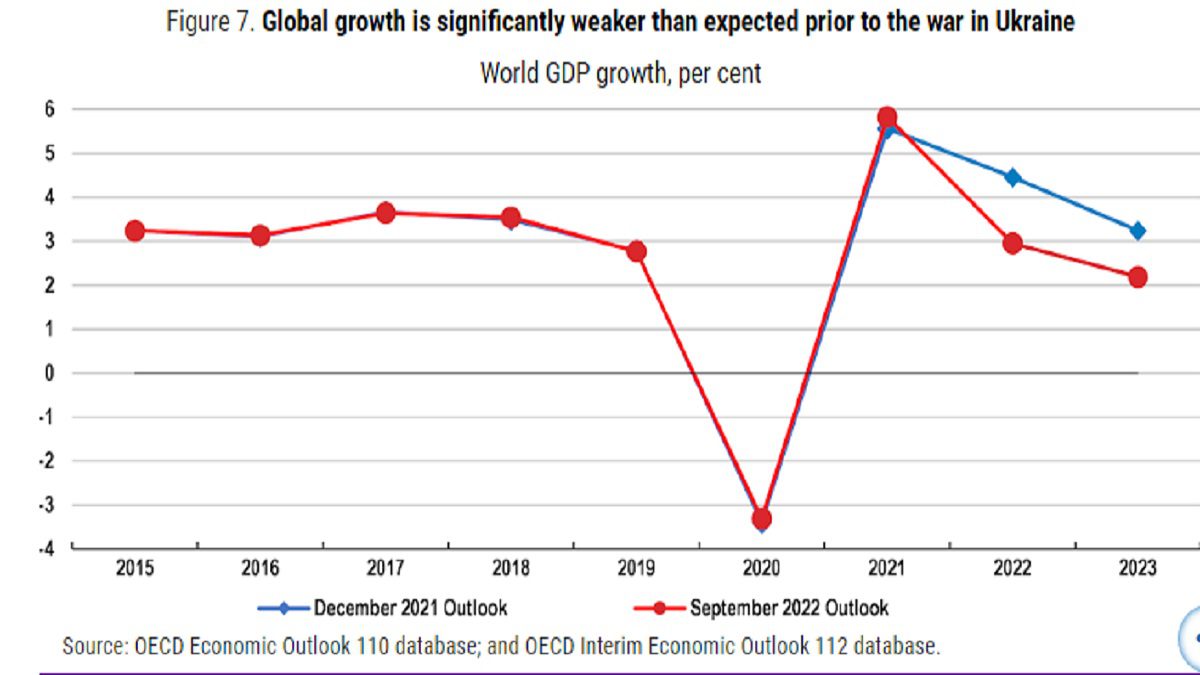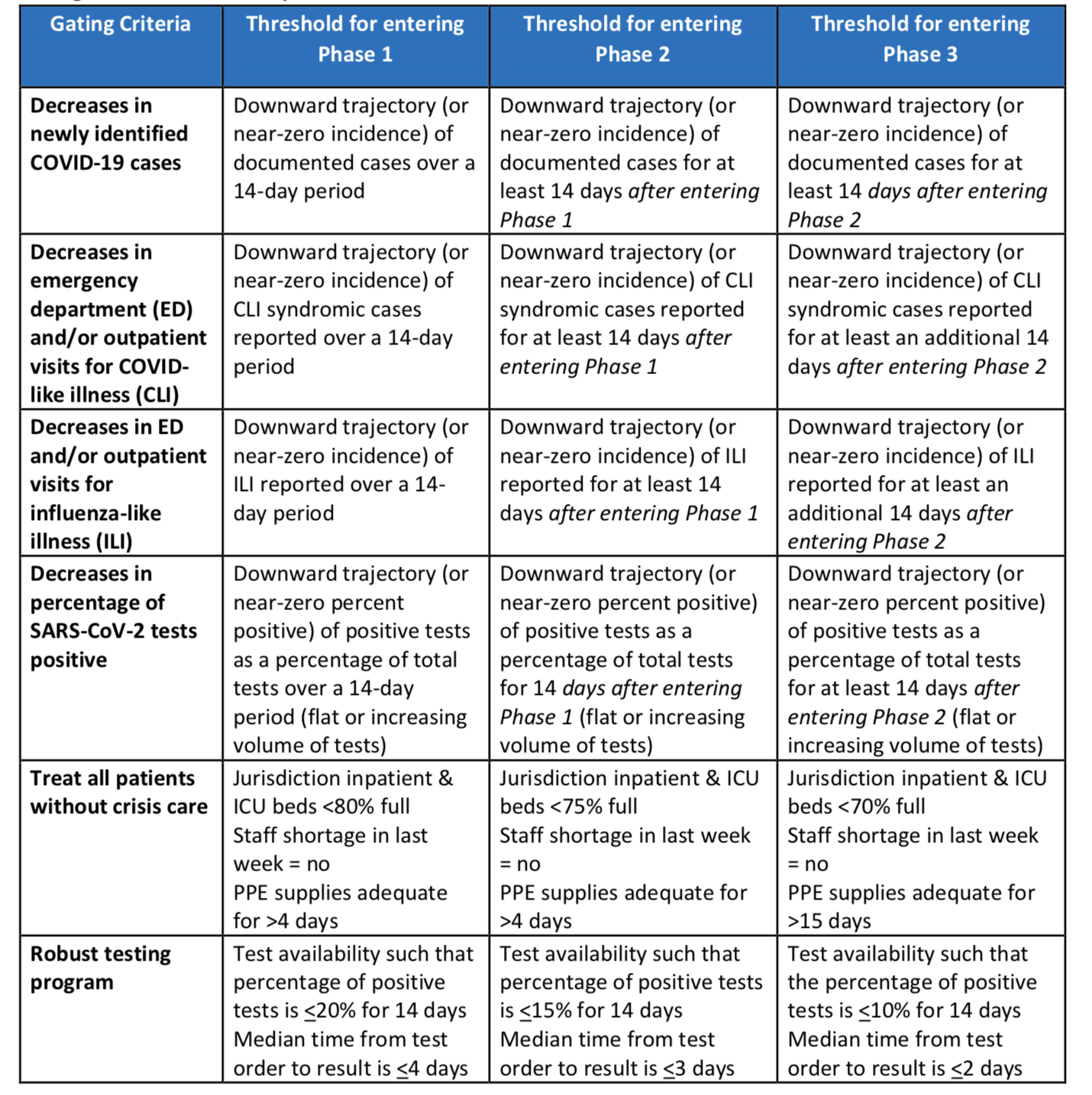AI Transforms Repetitive Scatological Documents Into Engaging Podcasts

Table of Contents
The Challenges of Traditional Scatological Data Analysis
Traditional methods for analyzing scatological data face significant hurdles. The sheer volume of information combined with the often sensitive and complex nature of the data creates bottlenecks in analysis and understanding.
Manual Review is Time-Consuming and Error-Prone
Manually reviewing scatological documents is incredibly inefficient. Consider:
- Time Costs: Hours, even days, can be spent poring over individual documents, significantly delaying analysis and insights.
- Human Error: Fatigue and the inherent complexity of the data lead to increased chances of misinterpretation or missed critical information.
- Health Risks: Direct handling of certain types of scatological samples presents potential health hazards for researchers and analysts.
Industries like medical diagnostics, environmental science, and agricultural research grapple with these challenges daily. The need for a more efficient and safer approach is clear.
Difficulty in Identifying Patterns and Trends
Extracting meaningful insights from large volumes of unstructured scatological data is incredibly challenging. Traditional methods often fall short:
- Unstructured Data: Much of this data isn't easily organized into spreadsheets or databases, hindering traditional analytical techniques.
- Limited Insights: Basic statistical analysis may miss subtle but important patterns and correlations hidden within the data.
- Need for Advanced Analytics: Sophisticated analytical methods are required to uncover hidden trends and make accurate predictions.
AI-Powered Solutions for Scatological Data Processing
Fortunately, artificial intelligence offers powerful tools to overcome these limitations. AI-powered solutions can automate data processing, identify patterns, and even generate engaging content.
Natural Language Processing (NLP) for Data Extraction
NLP plays a crucial role in automating the extraction of key information:
- Automated Data Extraction: NLP algorithms can efficiently scan and parse documents, identifying relevant keywords, entities, and relationships.
- Data Cleaning and Standardization: NLP techniques can clean and standardize the extracted data, ensuring consistency and accuracy.
- Specific NLP Techniques: Named Entity Recognition (NER) can identify specific entities (e.g., pathogens, chemical compounds), while topic modeling can uncover underlying themes within the data.
Machine Learning for Pattern Recognition and Prediction
Machine learning algorithms are vital for identifying patterns and making predictions:
- Pattern Recognition: Machine learning models can identify subtle patterns and correlations that may be missed by human analysts.
- Predictive Modeling: By analyzing historical data, these models can predict future trends, allowing for proactive interventions.
- Suitable Models: Regression models can predict continuous variables (e.g., bacterial load), while classification models can categorize data into different groups (e.g., disease types).
AI-Driven Podcast Generation
The processed data can be seamlessly converted into engaging podcasts using AI:
- Automated Script Generation: AI can transform structured data into compelling narrative scripts for podcasts.
- AI Voice Generation and Audio Editing: Natural-sounding AI voices can narrate the scripts, and AI-powered tools can handle audio editing and mixing.
- Podcast Personalization: AI can tailor podcasts to specific audiences, ensuring relevance and engagement.
Benefits of Transforming Scatological Documents into Podcasts
Transforming scatological data into podcasts offers numerous advantages:
Enhanced Accessibility and Engagement
Podcasts offer superior accessibility and engagement compared to traditional document formats:
- Easy Access: Podcasts are easily accessible through various devices and platforms, reaching a wider audience.
- Improved Engagement: The auditory format is often more engaging and easier to consume than reading dense technical reports.
- Portability and Convenience: Listeners can access information anytime, anywhere, enhancing convenience.
Improved Data Dissemination and Collaboration
Podcasts facilitate broader dissemination and collaboration:
- Knowledge Sharing: Podcasts can share complex scatological data effectively with researchers, practitioners, and the general public.
- Collaboration Enhancement: They can stimulate discussion, debate, and knowledge exchange within the scientific community.
- Training and Education: Podcasts serve as valuable training and educational tools for professionals and students alike.
Cost-Effectiveness and Efficiency
AI-driven podcast generation significantly reduces costs and improves efficiency:
- Reduced Costs: Automation lowers labor costs associated with manual data analysis and report writing.
- Improved Efficiency: AI accelerates the data processing and dissemination timeline, providing timely insights.
- Scalability: AI-powered solutions can easily handle large volumes of data, ensuring scalability.
Conclusion
The AI podcast transformation of scatological documents offers a revolutionary approach to data analysis, offering enhanced accessibility, engagement, and efficiency. By leveraging the power of NLP, machine learning, and AI-driven podcast generation, we can unlock the potential of this often-overlooked data source. This leads to more informed decision-making across various sectors. Embrace the future of scatological data analysis – explore AI-powered solutions today and witness the transformative impact of AI Podcast Transformation of Scatological Documents on your workflow. For more information on implementing AI solutions for your scatological data, contact us for a consultation.

Featured Posts
-
 Alberto Ardila Olivares Garantia De Gol
Apr 27, 2025
Alberto Ardila Olivares Garantia De Gol
Apr 27, 2025 -
 Your Happy Day Guide February 20 2025
Apr 27, 2025
Your Happy Day Guide February 20 2025
Apr 27, 2025 -
 Deloittes Economic Outlook A Significant Slowdown Predicted For The Us
Apr 27, 2025
Deloittes Economic Outlook A Significant Slowdown Predicted For The Us
Apr 27, 2025 -
 How Microsoft Is Shaping The Future Of Ai With A Human First Approach
Apr 27, 2025
How Microsoft Is Shaping The Future Of Ai With A Human First Approach
Apr 27, 2025 -
 Indian Wells Una Favorita Cae En La Gran Campanada Del Torneo
Apr 27, 2025
Indian Wells Una Favorita Cae En La Gran Campanada Del Torneo
Apr 27, 2025
Latest Posts
-
 New Cdc Vaccine Study Under Scrutiny Misinformation Agent Controversy
Apr 27, 2025
New Cdc Vaccine Study Under Scrutiny Misinformation Agent Controversy
Apr 27, 2025 -
 Vaccine Research Review Hhss Choice Of David Geier Sparks Debate
Apr 27, 2025
Vaccine Research Review Hhss Choice Of David Geier Sparks Debate
Apr 27, 2025 -
 Hhs Under Fire For Hiring Vaccine Skeptic David Geier
Apr 27, 2025
Hhs Under Fire For Hiring Vaccine Skeptic David Geier
Apr 27, 2025 -
 Controversy Hhss Hiring Of Vaccine Skeptic David Geier To Examine Vaccine Data
Apr 27, 2025
Controversy Hhss Hiring Of Vaccine Skeptic David Geier To Examine Vaccine Data
Apr 27, 2025 -
 Vaccine Skeptic Leading Federal Autism Vaccine Study A Troubling Appointment
Apr 27, 2025
Vaccine Skeptic Leading Federal Autism Vaccine Study A Troubling Appointment
Apr 27, 2025
